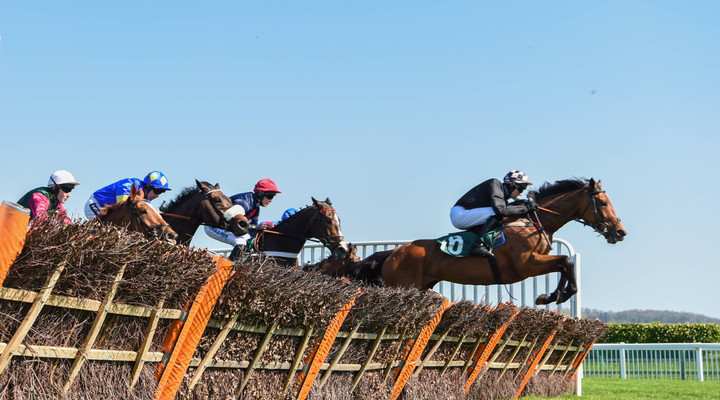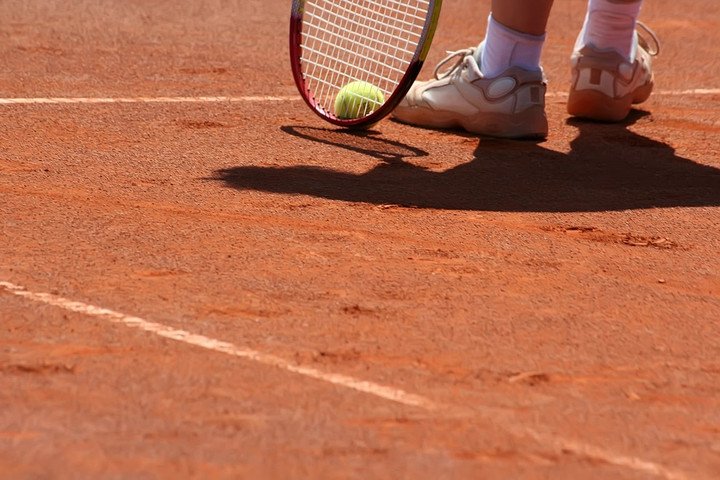Sports betting odds explained
Sports betting has become increasingly popular, with millions participating in predicting the outcome of events. Odds, which are numerical values of the likelihood of various outcomes, are at the forefront of betting.
Before choosing one the best sports betting sites to begin betting on your favourite sports, it's crucial to understand how betting odds work and how to read odds, as these determine probabilities and potential payouts.
What are odds and how do they work?
Odds represent the probability of an event occurring and dictate the potential payout from a sports bet. They can be presented in numerous formats including fractions, decimal and moneyline odds. Every bettor will have their individual preference of how odds are shown, while different formats are used in different parts of the world.
Fractional odds are most commonly used in the UK and they're expressed as a ratio, such as 5/1 (pronounced five to one). That means for every £1 you bet, you can win £5 in profit. A £10 bet on a 5/1 play means you would win £60, with £10 of that being your original stake.
Decimal odds are also used in the UK as well as Europe. They represent the total payout of your bet rather than just the profit. Decimal odds of 3.5 mean that for every £1 you bet, the total return would be £3.50, which includes the initial stake. A £10 bet at 3.5 decimal odds would return £35 in total.
Finally, there are moneyline odds, which is the most popular method in the US. They are represented as either a positive or a negative number. Positive moneyline odds show how much profit you could make on a £100 bet. As an example, +200 means a £100 stake will win £200 profit, meaning the total return is £300. Negative moneyline odds show how much you need to bet to win £100, so -150 means you must bet £150 to win £100 profit.
How odds change in accumulators
Accumulators, known as parlays in the US, involve combining multiple bets into one. The odds for accumulators combine the individual odds and the price increases with more legs added. If you place an accumulator with three bets at odds of 2/1 (3.0), 3/1 (4.0) and 4/1 (5.0), the total odds would be 3 x 4 x 5 = 59/1 (60.0). This can lead to higher payouts but there's also higher risk involved as losing one leg of the bet results in the entire accumulator losing.
We also have a few sporting examples to help and first up is football. A match between Real Madrid and Barcelona may have odds of 4/5 for Real Madrid to win, 3/1 for a draw and 4/1 for Barcelona to win. This indicates that Real Madrid are the favourites to win the game.
In horse racing, a horse like Coko Beach might be listed at 5/2, meaning a £2 bet would return £5 in profit (£7 in total including the stake) if the horse wins.
For an NBA basketball game, the Boston Celtics could be -150 to win against the Los Angeles Lakers, who are priced at +130. This means the Celtics are the favourites to win.
Read more: What does EVS mean in betting?
How odds are calculated
Bookmakers use complex algorithms and statistical models to set odds. These models incorporate a variety of factors including team or player performance, historical data, injuries, weather conditions and betting patterns. Their aim is to balance the book so that the bookmaker makes a profit regardless of the outcome. Sports betting sites will also have expert traders, who have specialist knowledge to help price up events.
Reasons why odds may change
Odds fluctuate due to market influences. One of the biggest reasons for odds changing will be betting volume and market movements. Heavy betting on one outcome can shift odds to balance the book, while bookmakers may adjust odds in response to competitors or significant bets from influential bettors.
Another reason behind odds changing could be team and injury news in sports. New information can significantly alter potential probabilities. For example, if Erling Haaland and Phil Foden aren't playing for Manchester City, their odds will drift as they're less likely to win.
Understanding value in betting
Value betting involves identifying bets where the probability of an outcome is higher than the odds imply. If you believe a team has a 60% chance of winning, but the odds suggest only a 50% chance, this represents a value bet. There can also be value in looking at different odds with different sports betting sites. If one bookmaker has the outcome at 2/1, whereas another has it priced at 4/1, the value lies with the latter site. You can learn more in our comprehensive value betting guide.
Converting odds and calculating payouts
If you want to convert fractional odds to decimal odds, just divide the figure before the slash by the one after it and add one. Therefore, fractional odds of 5/2 are equal to decimal odds of 3.5. Five divided by two is 2.5 and adding one makes 3.5.
When doing the opposite for decimal to fractional, subtract one from the decimal odds to convert to a fraction. Decimal odds of 3.5 become 2.5/1, which is the same as 5/2.
For calculating payouts with fractional odds, multiply the stake by the fraction to get the profit, then add the stake for the total payout.
For decimal odds, just multiply the stake by the decimal number. For moneyline odds, divide positive odds by 100 and multiply by the stake for the profit. For negative odds, divide 100 by the odds and multiply by the stake.
FAQs
How do plus or minus odds work?
Plus or minus odds or moneyline odds, favoured in the USA. Plus odds, such as +150, show how much profit a £100 bet would return. Minus odds, such as -150, show how much you need to bet to win £100.
Why bet on negative odds?
Betting on negative odds means you are backing the favourite. There is less risk but the profit is lower.
How do bookies make money?
Bookmakers make money by ensuring the total amount bet across all outcomes allows for a profit margin.
How do bookies set odds?
Bookies set odds based on statistical models, historical data and market analysis to balance the book and ensure they turn a profit.
What does 5 to 2 odds mean?
5 to 2 odds mean that for every £2 you bet, you will make £5 profit if the bet is a winner.






 How to bet on sports: Everything you need to know about sports betting
How to bet on sports: Everything you need to know about sports betting
 How to bet on football online: The basics of betting on the UK’s most popular sport
How to bet on football online: The basics of betting on the UK’s most popular sport
 How to bet on tennis online
How to bet on tennis online
